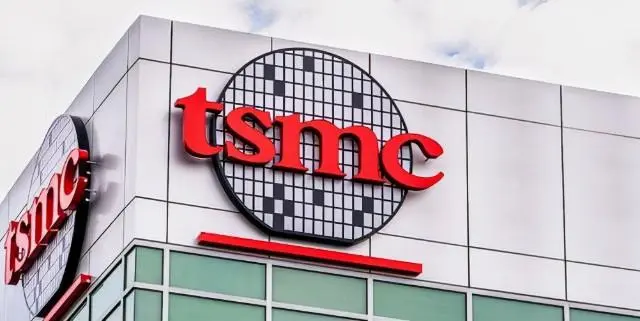The recent announcement by the U.S. Department of Commerce regarding TSMC’s agreement to construct its third semiconductor fab in Arizona as part of a $65 billion investment plan has sent shockwaves through the semiconductor industry. This move, aimed at bolstering U.S. chip manufacturing capabilities, is expected to have significant implications for various companies within the sector.
TSMC’s decision to establish a cutting-edge facility in Arizona underscores the increasing importance of domestic semiconductor production amid global supply chain disruptions and geopolitical tensions. With a commitment to begin producing 2-nanometer chips in the U.S. by 2028, TSMC is poised to strengthen its foothold in the American market and address growing demands for advanced semiconductor technology.
As TSMC solidifies its presence in the U.S., several key players in the semiconductor industry are likely to feel the impact of this strategic expansion. Here are some companies that could be affected:
- Intel Corporation (INTC): As one of the leading American semiconductor companies, Intel may face heightened competition from TSMC’s enhanced presence in the U.S. market. The move could intensify pressure on Intel to innovate and maintain its technological edge.
- Applied Materials, Inc. (AMAT): A major supplier of semiconductor manufacturing equipment, Applied Materials stands to benefit from increased investment in semiconductor fabrication facilities. The expansion of TSMC’s operations in Arizona could lead to greater demand for equipment and technology from suppliers like Applied Materials.
- NVIDIA Corporation (NVDA): As a major customer of TSMC, NVIDIA could benefit from improved access to advanced semiconductor manufacturing capabilities in the U.S. The expansion could support NVIDIA’s efforts to develop and produce high-performance chips for its graphics cards and data center products.
- Advanced Micro Devices, Inc. (AMD): Another significant client of TSMC, AMD may experience positive effects from the increased availability of domestically manufactured chips. The expansion could enhance AMD’s competitiveness in the market and support its growth trajectory.
- Qualcomm Incorporated (QCOM): Given its reliance on TSMC for chip production, Qualcomm could benefit from the expanded capacity and capabilities of TSMC’s Arizona fab. The move may strengthen Qualcomm’s position in the U.S. semiconductor market and facilitate its efforts to develop advanced mobile and wireless technologies.
In summary, TSMC’s decision to build a third semiconductor fab in Arizona as part of its multi-billion-dollar investment plan is expected to have far-reaching implications for various companies within the semiconductor industry. While it signals a significant step towards bolstering domestic chip manufacturing capabilities, it also underscores the evolving dynamics of global semiconductor supply chains and competition in the tech industry. As stakeholders assess the potential ramifications of this development, attention will undoubtedly be focused on how it reshapes the competitive landscape and influences future trends in the semiconductor market.